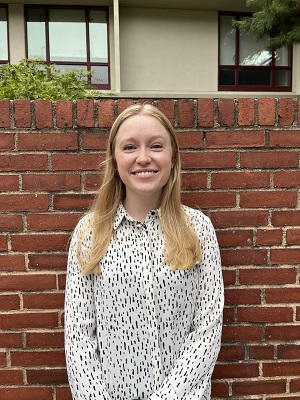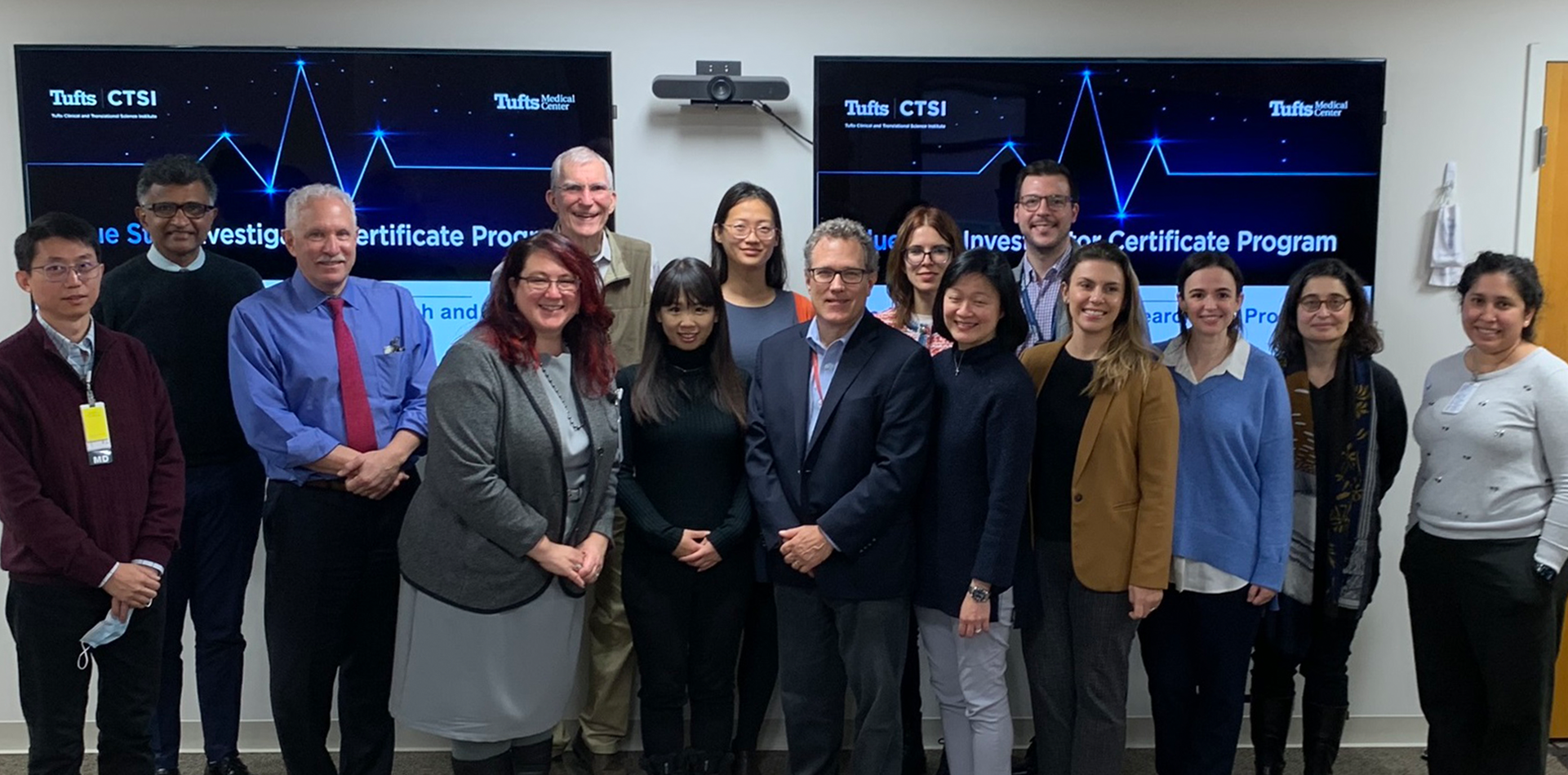Chinatown leaders and Tufts University researchers work together to improve health
FOR IMMEDIATE RELEASE: October 16, 2015
CONTACT: Amy West, 617-636-6025, awest@tuftsmedicalcenter.org
BOSTON (October 16, 2015) – More than 90 community leaders, researchers, clinicians, students, and neighborhood residents gathered in Boston’s Chinatown neighborhood today to talk about working together to improve Asian health. A symposium, Together: Strengthening the Health of Chinatown, was presented by Tufts Clinical and Translational Science Institute (CTSI) and local community organizations. All are members of Addressing Disparities in Asian Populations through Translational Research (ADAPT).
The goal of the event, held at Tufts University School of Medicine, was to present recent research conducted to address issues such as healthy eating, living, and aging and utilization of preventive care in Boston’s Asian community, and to brainstorm future collaborations on wellness and chronic disease management, health care access, child health and family development, and environment and land use.
“Community-engaged research brings academics and community partners to the table for dialogue and co-learning to improve the science and relevance of the research, as well as the action taken based on research findings,” said Carolyn Rubin, EdD, MA, Director of ADAPT. “Today’s event showcased meaningful collaborations between Tufts researchers and local organizations that will hopefully affect culturally-sensitive, positive change in Chinatown and beyond.”
The day began with a talk by Susan Koch-Weser, ScD, Tufts University School of Medicine (TUSM), and Giles Li, Director of Boston Chinatown Neighborhood Center, Inc. (BCNC). Their collaboration resulted in the first systematic survey done of Chinatown residents, funded by a Tufts Collaborates Seed Grant. They shared some preliminary data that had not previously been available, and hope to release a report of their survey results in the coming months.
“You don’t know until you go out what the reception will be,” said Dr. Koch-Weser, “but overall, we had 360 completed interviews, with a response rate of 53% and a cooperation rate of 74%.”
Three of the five interviewers for the project shared their experiences of conducting the in-depth, 26-page survey. They said the primary challenges they faced were access to residential buildings, weather, and language. Overall, residents were very welcoming.
“Working at a community organization, there are a million things we want to know more about,” said Giles Li. “It’s really a process of finding a researcher who gets where you’re coming from and starting a conversation. Once you start down that path, the sky’s the limit.”
“We should be having many more conversations about what we want to see in the Chinatown community as a whole,” he continued. “We’ll never be able to understand what’s happening in our community without a strategy to work together.”
Next, Virginia Chomitz, PhD, MS, Assistant Professor in the Department of Public Health and Community Medicine at TUSM, and Bernadette Davidson, Director of Child Care & Enrichment Programs at BCNC shared the results of their Healthy Chinatown needs assessment of pre-school aged children in Chinatown early education programs. The impetus for the project was a grant BCNC received from the Asian and Pacific Islander American Health Forum on preventing obesity.
“Very little is known about young children in Chinatown, and in Asian communities in general,” said Dr. Chomitz.
The survey found the majority of children in Chinatown are considered overweight or obese. “Obesity may be a bigger issue than families or early childhood educators realize,” said Bernadette Davidson.
Other presenters included Mei-Hua Fu, MS, MEd, Program Director of ABCD Chinese Church Head Start, who spoke about how her organization benefits from academic-community research collaboration with Tufts University School of Dental Medicine and other partners, and Lisa Gualtieri, PhD, ScM, Assistant Professor in the Department of Public Health and Community Medicine at TUSM, who discussed her work with Asian Women for Health and Boston College School of Nursing to increase utilization of preventive care by Asian American women across Massachusetts.
Kieran F. Reid, PhD, MPH, Scientist III at the Jean Mayer USDA Human Nutrition Research Center on Aging, talked about a project at the Wang YMCA to promote healthy aging for Chinatown’s older adults.
“The major objective was to examine whether the Healthy Habits Program has a positive effect on the older adults in this neighborhood,” said Dr. Reid. “We learned that with knowledge and action, we can work together to create social change.”
During the afternoon, attendees participated in small group discussions to spark ideas for additional community-academic research and networking opportunities to address other health disparities in the Asian community.
“Community engagement is the means by which we achieve health equity,” said Michael Soo Hoo, Senior Policy Analyst at Boston Public Health Commission. “Tufts CTSI and ADAPT are a model for bringing stakeholders together in a really exciting way.”
Symposium organizers and participants were energized to continue their work, and look forward to sharing the results of new collaborative endeavors at next year’s event.
#####
About Tufts Clinical and Translational Science Institute (CTSI)
Tufts CTSI, a National Institutes of Health (NIH)-supported partnership among all the schools and hospitals of Tufts University, Northeastern University, Brandeis University, RAND, and healthcare industry and community organizations, was established in August 2008. Its purpose is to accelerate the translation of laboratory and medical research into clinical use, widespread medical practice, and into improved healthcare delivery and health policy. It connects people to research resources, consultation, and education, and fosters collaboration with scholars of all disciplines and with community members, with the ultimate goal of improving the health of the public. Tufts CTSI is currently funded by the NIH National Center for Advancing Translational Sciences, award number UL1TR001064.
The mission of Addressing Disparities in Asian Populations through Translational Research (ADAPT) is to promote, enhance, and evaluate Asian American health through community-academic collaborative research partnerships at the local and regional levels. The ADAPT Advisory Committee includes representatives from:
- Action for Boston Community Development (ABCD)
- Asian Community Development Corporation (ACDC)
- Asian Task Force Against Domestic Violence (ATASK)
- Asian Women for Health
- Boston Chinatown Neighborhood Center (BCNC)
- Boston Chinatown Residents Association
- Greater Boston Chinese Golden Age Center
- Jonathan M. Tisch College of Citizenship and Public Service
- Tufts University Office of the Vice Provost for Research
- The Cancer Center at Tufts Medical Center
- Tufts University School of Dental Medicine
- Tufts University School of Medicine Department of Public Health and Community Medicine.






